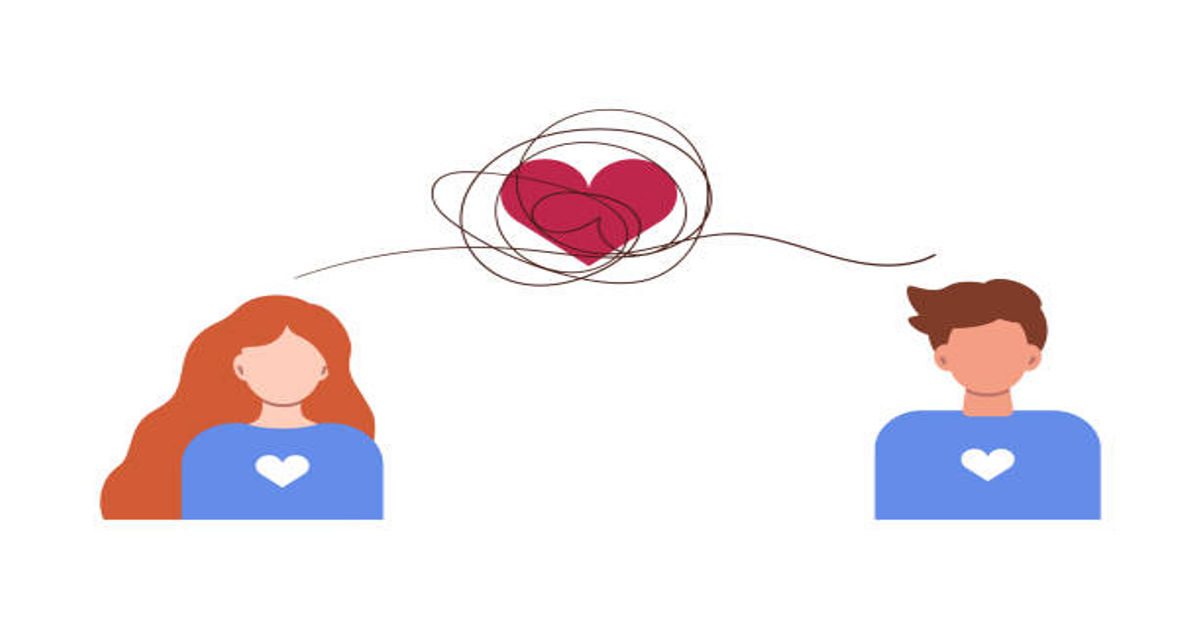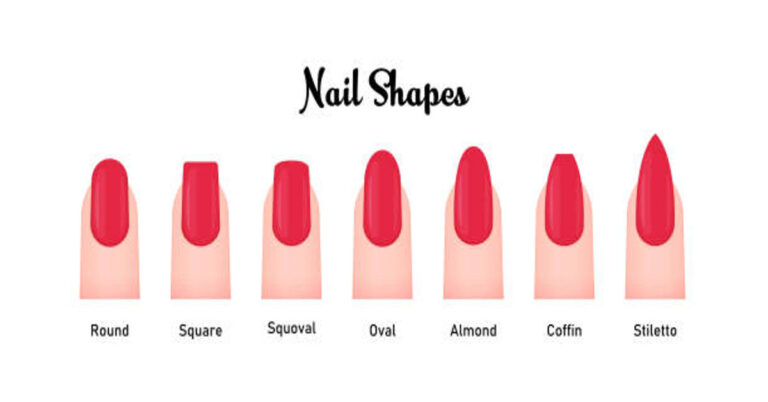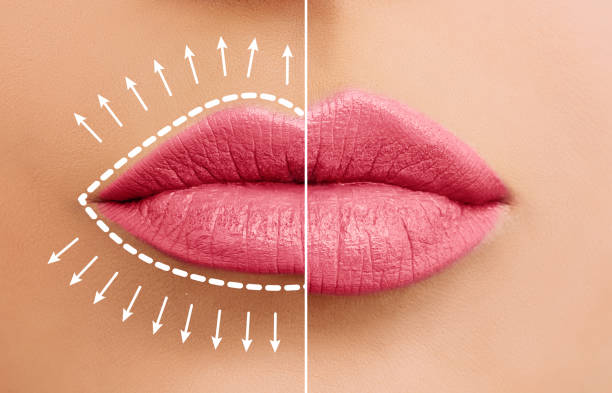Dating Advice: Finding and Nurturing Healthy Relationships
Dating in the modern world can feel both exciting and overwhelming. With social media, dating apps, and shifting expectations about relationships, many people struggle to find clarity, authenticity, and confidence in their romantic lives. The truth is, dating is not just about finding someone — it’s about learning who you are, what you want, and how to communicate that in an honest, attractive way.
This detailed guide provides practical, grounded, and emotionally intelligent dating advice for men and women alike. It explores mindset, communication, self-growth, attraction principles, emotional awareness, and long-term compatibility. Whether you’re new to dating or re-entering the scene, understanding these principles can help you approach love with maturity, calmness, and purpose.
1. Understanding What Dating Really Means
Many people enter the dating world with unrealistic expectations. Some believe dating must immediately lead to a relationship, while others see it as a casual game. In truth, dating is the process of discovering compatibility, shared values, and emotional connection through genuine interaction. It’s an exploration, not a transaction.
When we view dating as a mutual exploration, we relieve the pressure to impress or perform. Instead, we focus on curiosity — “Who is this person?” — and self-awareness — “How do I feel when I’m with them?” Healthy dating is not about chasing someone to fill a void but about meeting as two complete individuals who enhance each other’s lives.
Dating, in this sense, is not merely about romance. It’s also a tool for personal growth. Every conversation, rejection, and attraction teaches you something about yourself: your boundaries, insecurities, and strengths. The key is to stay open-minded, self-reflective, and patient.
2. Building Confidence Before You Date
Confidence is one of the most attractive traits anyone can develop, but genuine confidence comes from self-respect, not arrogance. Before dating successfully, you must cultivate internal stability — the ability to feel comfortable with yourself even when alone.
Confidence in dating is not about being loud, overly charming, or pretending to have everything figured out. It’s about owning your story, understanding your value, and expressing yourself authentically. Here are core areas to work on:
| Aspect of Confidence | How to Build It | Impact on Dating |
|---|---|---|
| Self-awareness | Reflect on your needs, triggers, and desires. | You attract people aligned with your values. |
| Physical presence | Maintain good posture, grooming, and fitness. | You appear approachable and self-caring. |
| Emotional regulation | Stay calm under rejection or conflict. | You show maturity and stability. |
| Purpose and goals | Pursue interests beyond relationships. | Independence makes you more magnetic. |
When you work on yourself first, you become less needy and more selective. People sense emotional balance, and that makes authentic connection easier.
3. The Art of First Impressions
First impressions matter — not because you must impress someone, but because they reveal subtle signals about compatibility and energy. Within the first few minutes, people subconsciously assess warmth, openness, and sincerity.
A strong first impression doesn’t rely on memorized lines or forced confidence; it’s about being present, genuine, and kind. Smile naturally, make eye contact, and listen more than you talk. When someone feels heard and respected, they become more comfortable and open.
It’s equally important to choose the right setting for your first date. Loud, chaotic environments make meaningful conversation difficult. Opt for relaxed places such as cafés, scenic walks, or quiet lounges where you can focus on each other.
Finally, remember that attraction grows from curiosity, not performance. Ask thoughtful questions, show genuine interest, and reveal bits of your personality naturally. You’re not auditioning; you’re connecting.
4. Communication: The Foundation of Connection
Effective communication is the heart of every successful relationship. It’s not only about speaking clearly but also about listening with empathy and curiosity. Many dating frustrations stem from poor communication — assumptions, over-texting, or mixed signals.
When talking to someone new, avoid trying to be impressive; focus on being expressive. Share real stories, vulnerabilities, and humor. Open-ended questions like “What excites you most right now?” or “How do you usually spend your weekends?” invite emotional sharing rather than yes/no answers.
Communication in early dating also involves respect for boundaries. Don’t pressure others for instant replies or affection. Consistency matters more than intensity. If you communicate openly and calmly, you create trust — and trust is the soil where affection grows.
5. Understanding Emotional Compatibility
Physical attraction may spark quickly, but emotional compatibility determines whether a connection can last. Emotional compatibility means your ways of thinking, feeling, and relating align harmoniously. It’s about how you handle conflict, express affection, and make decisions together.
Ask yourself:
- Do I feel safe expressing my thoughts around this person?
- Do we share similar emotional tempos — calm, expressive, logical, or sensitive?
- How do they react to stress or disagreement?
True compatibility doesn’t mean perfection. It’s the ability to navigate differences respectfully and communicate through tension. Two emotionally aware people can disagree yet remain connected — that’s the hallmark of mature dating.
6. Modern Dating Challenges
Dating today involves both opportunities and complications. Technology, social expectations, and rapid lifestyles shape how people meet and connect. While apps expand your reach, they can also cause emotional burnout or shallow interactions.
a. The Illusion of Infinite Choice
Dating apps give the impression that there’s always someone “better” just a swipe away. This leads to indecision and constant comparison. The key is to focus on quality over quantity. Don’t chase endless options; invest in meaningful conversations.
b. Ghosting and Digital Disconnection
Modern communication allows easy avoidance. When someone disappears without explanation, it can trigger self-doubt. Remember, ghosting says more about the other person’s maturity than your worth. Healthy dating involves clear communication, even when ending things.
c. Social Media Pressure
Comparing your love life to polished online portrayals can distort expectations. Real relationships involve imperfections, misunderstandings, and growth — things rarely seen on Instagram. Keep your focus on reality, not digital fantasy.
7. Attraction Principles: What Truly Draws People Together
Attraction isn’t just about looks; it’s a combination of emotional, intellectual, and physical energy. The most magnetic people are those who feel comfortable in their own skin. Here are the deeper dimensions of attraction:
- Authenticity: People are drawn to honesty and emotional openness. Pretending to be perfect creates disconnection.
- Humor: A shared laugh builds instant intimacy and lowers tension.
- Respect: Mutual admiration creates lasting attraction beyond physical chemistry.
- Energy and Passion: People who live with purpose radiate vitality. Passion for life is contagious.
Remember, attraction grows in unpredictable ways. Sometimes it starts subtly through shared values or emotional resonance. Instead of chasing instant sparks, nurture connection through patience and curiosity.
8. Setting Healthy Boundaries
Boundaries are not walls; they’re guidelines that protect your emotional well-being. Healthy boundaries ensure that you give and receive love with respect. They also prevent dependency, resentment, and confusion.
When dating, boundaries might include emotional pace (not oversharing too soon), physical comfort levels, communication frequency, and expectations of exclusivity. Expressing boundaries calmly is not controlling — it’s mature self-care.
For example, saying, “I prefer to take things slowly so we can get to know each other deeply,” shows confidence and clarity. People who respect your boundaries are the ones capable of healthy relationships. Those who resist them reveal emotional immaturity.
9. Signs of a Healthy Relationship
Once dating progresses, it’s important to recognize whether the relationship is genuinely healthy. While every couple is unique, certain characteristics signal a strong emotional foundation:
| Healthy Relationship Traits | Description |
|---|---|
| Mutual Respect | Each partner values the other’s opinions, time, and individuality. |
| Open Communication | Both express feelings honestly without fear of judgment. |
| Emotional Safety | You feel comfortable being yourself, even when vulnerable. |
| Balanced Effort | Both invest time, affection, and care equally. |
| Growth Orientation | The relationship encourages personal and shared development. |
Healthy dating doesn’t eliminate challenges — it manages them constructively. You may disagree or feel uncertain at times, but trust, empathy, and patience help navigate through those moments.
10. Recognizing Red Flags
Equally important to finding love is recognizing unhealthy patterns early. Red flags often appear subtly but grow stronger over time. Watch for:
- Controlling behavior disguised as “caring.”
- Lack of communication or emotional unavailability.
- Disrespect toward you, service workers, or family.
- Inconsistent behavior — affectionate one day, distant the next.
- Avoidance of accountability when problems arise.
Ignoring these signs can lead to emotional exhaustion. If something feels wrong, trust your intuition. It’s better to walk away early than to compromise your peace later.
11. Balancing Independence and Intimacy
Healthy dating strikes a balance between closeness and individuality. Over-dependence often leads to possessiveness, while excessive independence may cause emotional distance. The goal is interdependence — two secure individuals choosing to share life without losing identity.
Keep pursuing your interests, friendships, and hobbies even when in a relationship. Independence sustains attraction because it prevents emotional stagnation. When both partners continue growing individually, their relationship also evolves naturally.
12. Healing from Rejection and Breakups
Rejection is an unavoidable part of dating. Everyone experiences it, and it doesn’t define your worth. How you handle rejection determines your resilience and future happiness.
Instead of internalizing rejection, view it as redirection — a sign that the connection wasn’t aligned. Allow yourself to grieve, reflect on lessons, and practice self-compassion. Avoid immediately jumping into another relationship to fill the void. Healing creates emotional clarity and prepares you for healthier love later.
Breakups, though painful, are also opportunities for growth. They reveal what you value and what boundaries you need in the future. Emotional maturity means accepting endings with grace rather than bitterness.
13. Long-Term Compatibility and Relationship Growth
Once the initial excitement fades, true love depends on emotional depth, communication, and shared life vision. Sustaining a relationship requires teamwork and continuous effort.
Discuss long-term compatibility early — values, family plans, finances, and lifestyle goals. Avoid assuming love alone can overcome major differences. While chemistry creates connection, shared direction ensures sustainability.
Also, remember that attraction changes over time. The intensity of early dating often transforms into deeper companionship. Appreciate this evolution rather than fearing it. Long-term relationships thrive on adaptability, humor, and gratitude.
14. Dating Advice for Men
Men often face pressure to always lead or impress in dating. However, modern dating values emotional intelligence as much as confidence. Genuine masculinity is not dominance — it’s strength paired with kindness.
Be clear about intentions without manipulation. Compliment sincerely rather than excessively. Most importantly, listen actively. Women often value emotional availability over material gestures. Confidence comes from authenticity, not performance. Respect boundaries, express empathy, and maintain personal goals — these qualities create genuine attraction.
15. Dating Advice for Women
Women today often balance independence with vulnerability. It’s perfectly fine to expect respect and effort from a partner while remaining open to love. Avoid chasing validation; let mutual interest guide progress.
Don’t overanalyze texts or delay communication out of fear of seeming “too eager.” Emotional honesty is powerful. At the same time, watch for consistent effort from your partner — real interest shows through actions, not just words. Prioritize self-care, maintain friendships, and never shrink your personality to be liked.
16. Overcoming Anxiety in Dating
Dating anxiety often comes from fear of rejection or judgment. The key to overcoming it is presence. Instead of worrying about outcomes, focus on the moment. Ground yourself through breathing, humor, and gratitude.
Remind yourself that you’re not being evaluated; you’re exploring connection. Nervousness is natural — it means you care. Accept it rather than fighting it. As confidence builds, anxiety fades, replaced by curiosity and enjoyment.
17. Tips for Online and App-Based Dating
Online dating is now one of the most common ways to meet partners, but it requires mindful use. Choose photos that reflect your real personality, write genuine bios, and avoid clichés. Be specific about your interests and intentions.
When chatting online, move to real conversations as soon as possible; endless texting can create false impressions. Meet safely, in public, and trust your instincts. Remember that online dating should enhance your opportunities, not replace real-world confidence.
18. Cultural Sensitivity and Diversity in Dating
Today’s dating world is diverse and multicultural. Respecting differences in background, beliefs, and lifestyle is crucial. Curiosity about another culture enriches connection, but assumptions or stereotypes destroy trust.
Ask respectful questions, learn about your partner’s traditions, and appreciate differences as learning experiences. Successful intercultural relationships are built on openness, empathy, and shared values rather than identical customs.
19. The Psychology Behind Attraction and Love
Psychologists often describe attraction as a mix of biology, familiarity, and emotional resonance. People are drawn to those who make them feel understood and safe. While appearance may initiate interest, emotional attunement sustains love.
Hormones like dopamine, oxytocin, and serotonin influence romantic feelings, but lasting relationships depend on trust, mutual growth, and respect. Love is not a constant high but an evolving partnership that matures with communication and patience.
20. The Future of Dating and Emotional Awareness
As society becomes more self-aware, emotional intelligence will play a greater role in relationships. Future dating trends are likely to emphasize mindfulness, communication skills, and authenticity over superficial attraction.
Technology may evolve, but the essence of dating will remain the same — people seeking understanding and connection. Emotional awareness, empathy, and self-growth will define how relationships thrive in the years ahead.
Conclusion
Dating is not a mystery to solve but a journey of self-discovery and emotional maturity. True dating advice goes beyond “tips and tricks” — it’s about cultivating patience, empathy, confidence, and clear communication. When you understand your values and express them with kindness, you attract people who match your energy.
Love grows where two emotionally balanced individuals meet, respect each other’s boundaries, and choose to evolve together. In the end, successful dating isn’t about finding the “perfect” partner; it’s about becoming the right person for a healthy, joyful relationship.
FAQs
1. What is the most important rule of dating?
The most important rule is authenticity. Be honest about your intentions and personality instead of pretending to fit expectations.
2. How can I overcome nervousness before a date?
Focus on relaxation and curiosity. Take deep breaths, remind yourself it’s just a conversation, and enjoy the experience rather than fearing judgment.
3. How long should I wait before making things official?
There’s no fixed timeline. Wait until you’ve built mutual trust, consistency, and emotional connection rather than rushing commitment.
4. What are the biggest red flags to watch for in dating?
Controlling behavior, dishonesty, disrespect, inconsistency, and emotional manipulation are all signs to proceed cautiously or step back entirely.
5. How do I maintain confidence after rejection?
View rejection as redirection. Learn from it without self-blame, focus on growth, and remember your worth doesn’t depend on someone’s approval.







